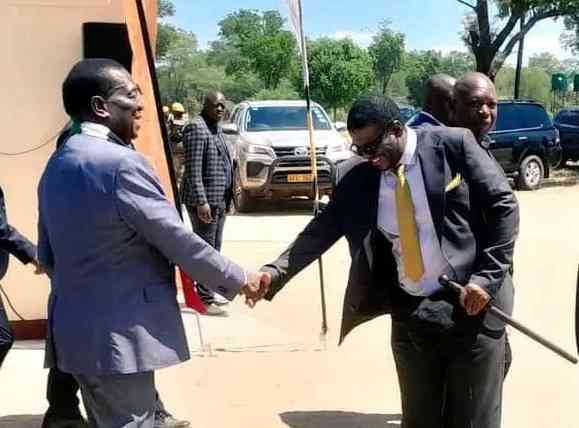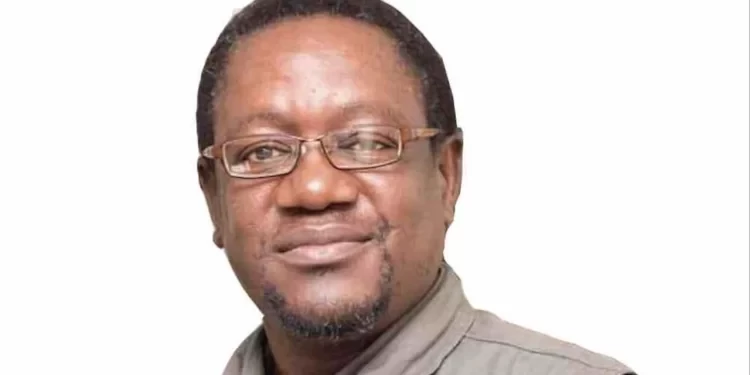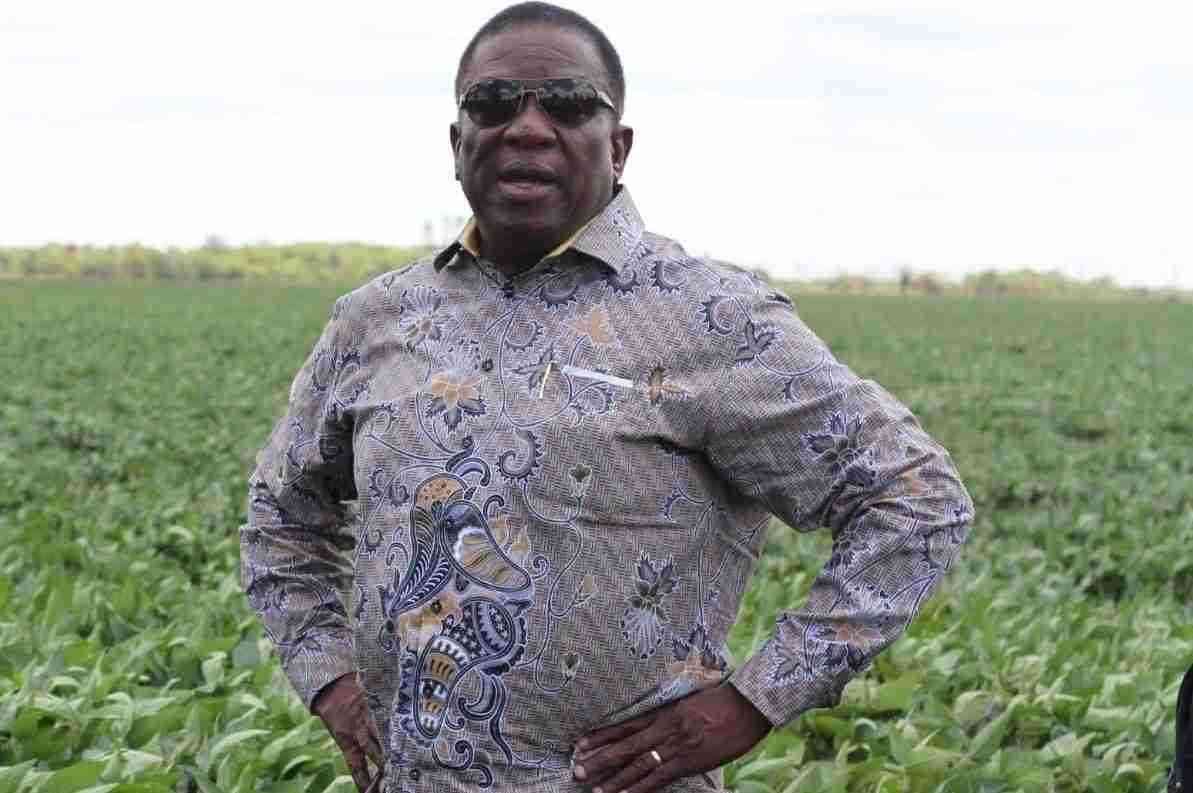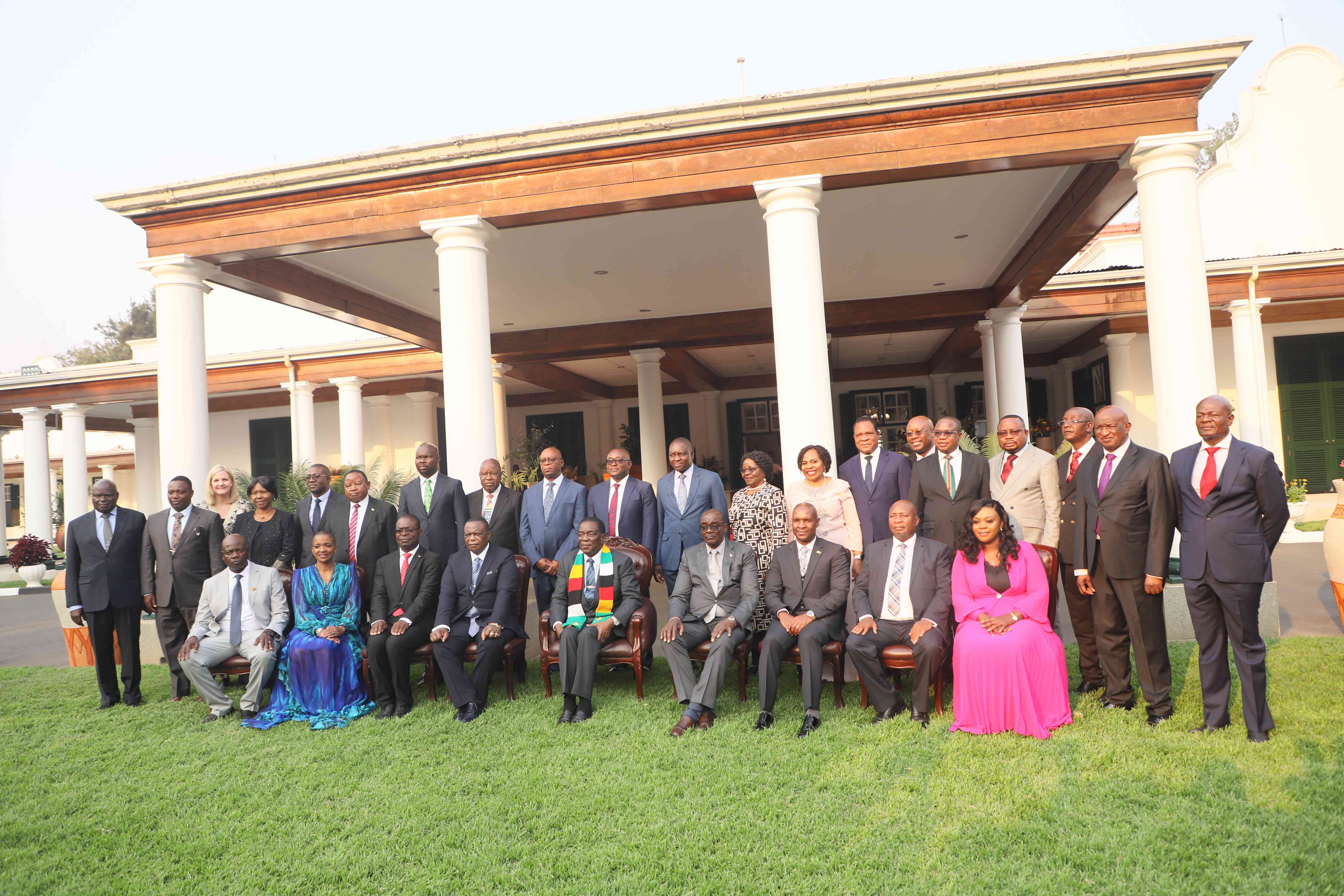
BY EVERSON MUSHAVA
The recent spate of deaths of top government officials, including ministers who succumbed to Covid-19, have left President Emmerson Mnangagwa in a predicament.
Well-placed sources yesterday said Mnangagwa was in a quandary on whom to pick to replace the two key cabinet ministers. The president has exhausted his free-choice selection quota provided for by the Constitution and any more appointments ought to come from within Parliament.
Foreign Affairs minister Sibusiso Moyo and Transport minister Joel Biggie Matiza died a fortnight ago due to Covid-19 complications. Acting President Constantino Chiwenga presided over their burial at the National Heroes’ Acre last week in a historic triple burial that included former Zimbabwe Prisons and Correctional Service commissioner-general Paradzai Zimondi.
A week before, Mnangagwa had presided over the burials of Manicaland Provincial Affairs minister Ellen Gwaradzimba and liberation war icon Moton Malianga at the national shrine. The two also succumbed to the novel coronavirus.
It is the replacement of Moyo and Matiza that could give Mnangagwa headaches when he returns to work this week at the end of his one-month-long annual leave.
Jostling for the two positions has reportedly already started within his ruling Zanu PF, with some names being thrown around in a deliberate attempt to influence Mnangagwa’s decisions.
Interestingly though, none of the names being thrown around are constituency MPs and, therefore, may not be constitutionally eligible for consideration.
- Chamisa under fire over US$120K donation
- Mavhunga puts DeMbare into Chibuku quarterfinals
- Pension funds bet on Cabora Bassa oilfields
- Councils defy govt fire tender directive
Keep Reading
Mnangagwa has exhausted appointing his five non-constituency MPs as mandated by the Constitution, restricting his choice only to the existing pool of legislators. The two positions that he needs to fill require keen technocrats and/or experienced and exceptionally driven political brains that may not be easy to find from among his current MPs.
Section 104 (3) of the Constitution on appointment of ministers and Cabinet reads: “Ministers and deputy ministers are appointed from among Senators or Members of the National Assembly, but up to five, chosen for their professional skills and competence, may be appointed outside Parliament.”
Mnangagwa already has the five non-constituency ministers namely: Higher Education minister Amon Murwira, Local Government minister July Moyo, Sports minister Kirsty Coventry, Lands minister Anxious Masuka and Finance minister Mthuli Ncube.
United Kingdom-based Zimbabwean lawyer Alex Magaisa said the death of the two ministers has put Mnangagwa in a precarious situation on his choice of replacements as he is restricted by the Constitution.
“His choices are extremely limited,” Magaisa said.
“He has to appoint from the current pool of elected representatives. Alternatively, he will have to sack some of those non-MPs if he wants to appoint new outsiders.
“He has only two options. The first one: he can only appoint from the current pool of elected MPs which means that his choices are very limited. But if he wants to bring in someone from outside Parliament, which opens the second option, that means he has to sack some of the current ministers who are not in Parliament. That will open up space so that he can appoint someone from outside Parliament. So that’s the only two options that he has.”
Some of the names of people being thrown in as Moyo’s replacement at Foreign Affairs include former Zimbabwe ambassador to China, Chris Mutsvangwa.
Zimbabwe’s current ambassador and permanent representative to the United Nations in New York, Frederick Shava, is also been rooted for the position due to his reported closeness to western countries which Mnangagwa is desperate to re-engage. He once represented Zimbabwe in China.
International trade expert Stuart Comberbach’s name is also featuring among the list that also includes Murwira.
Comberbach is a special advisor in the ministry of Foreign Affairs. Some Zanu PF members are reportedly making underground manoeuvres to replace Matiza. Observers believe the Foreign Affairs ministry is key to Mnangagwa, who is on a re-engagement drive.
University of Zimbabwe law lecturer Lovemore Madhuku said Mnangagwa had only one option, which was, however, limited in terms of choice.
He said his party could nominate replacements for Moyo and Gwaradzimba, who were both senators, and proceed to appoint them into ministers if he wants to take from outside. He, however, had no option on Matiza, who was a sitting MP.
But, Madhuku said, the replacements should come from the respective provinces, and that limited Mnangagwa’s choice.
“He may delay the appointments; allow the Zimbabwe Electoral Commission to expedite processes and get the party to nominate replacements for Moyo and Gwaradzimba and appoint them as ministers,” Madhuku said.
But outside of this option, Madhuku said: “Mnangagwa has no way out, there is no room to manoeuvre, and he has to appoint from Parliament. He has to get them from Parliament. Five non-constituency ministers is the maximum the President can choose; he can’t do anything.”
On questions on competency among Zanu PF legislators, Madhuku said: “Competency in Zanu PF is the same; you cannot expect to get a very competent person from Zanu PF.
“Mnangagwa will have to live with those who are there. The people cannot expect competency out of Zanu when they voted for a Zanu PF President and also Zanu PF has the majority in Parliament; the people should live with the incompetency that is there. It should not even be debated. Mnangagwa should choose from his mediocre MPs.”









